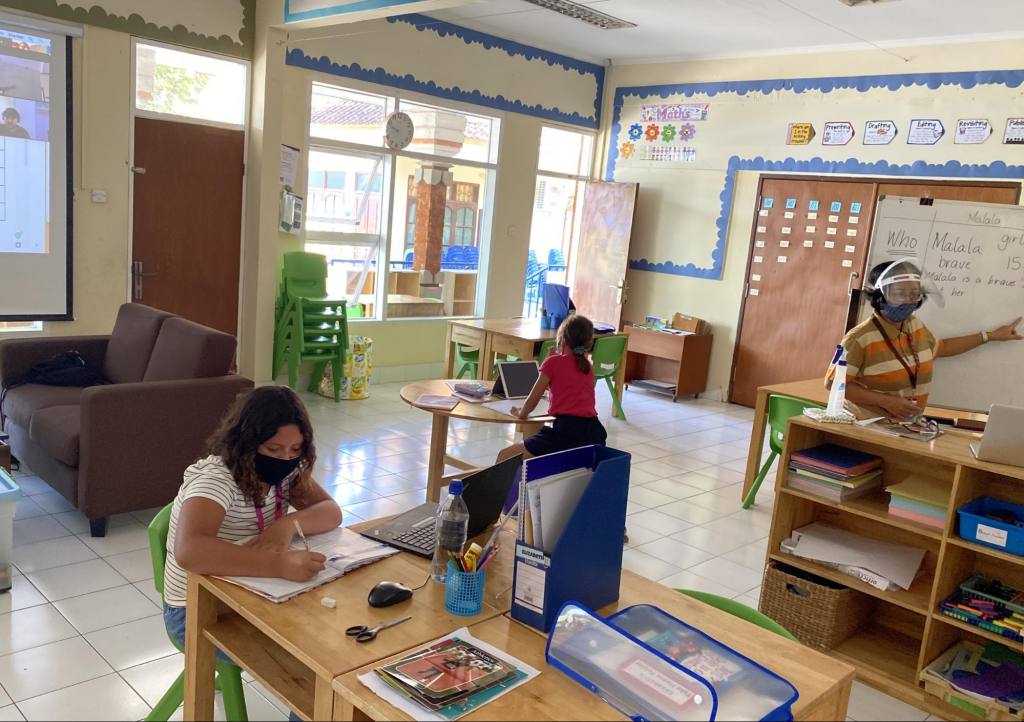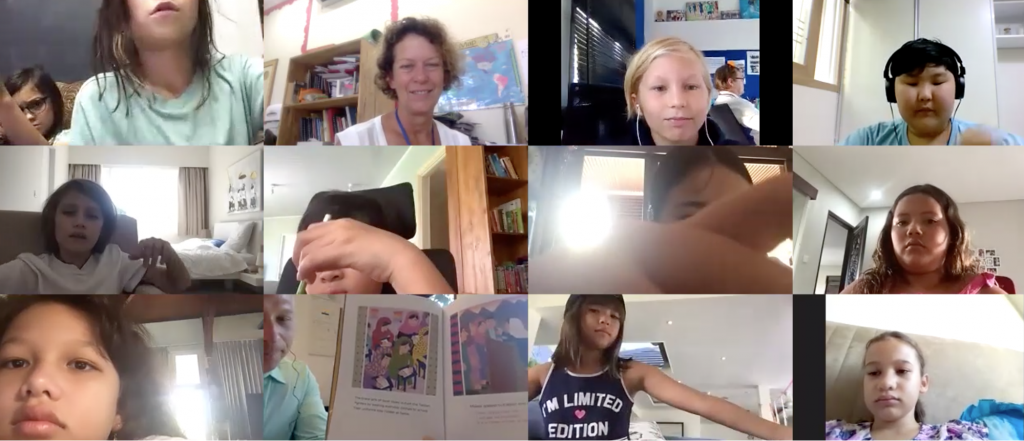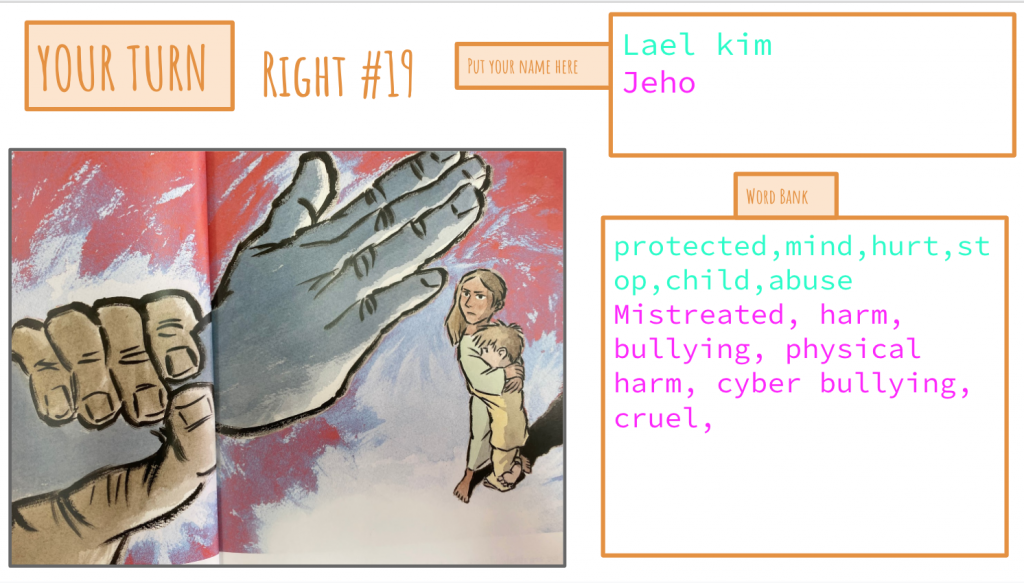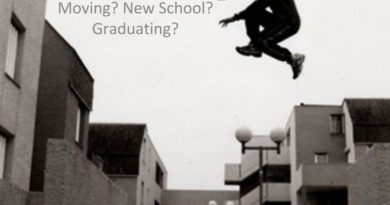Primary eNews – August 28, 2020
Parents are asked to view upcoming events on the BIS Calendar of Events
Grade 4 – Finding out: Collaboration, Distance Learning, and Skill-building

A valuable component of the Primary Years Programme (PYP) is working together to share ideas, knowledge, and understandings, developing skills in collaboration.
Our first unit of inquiry in the Grade 4 year explores challenges, risks, and opportunities that we ourselves and other children locally and globally face.
This unit provides a fabulous opportunity to explore ourselves as individuals and listen to the perspectives of others.

In our Distance Learning classroom, collaboration can look and sound a little different to traditional settings. A collage of faces.
Grade 4 is enjoying active Zoom lessons with co-teachers: library, SEL where discussions are guided and student engagement and participation encouraged.


One way that Grade 4 is developing their confidence to be involved in online discussions is through using chat, breakout rooms, reactions, and voice only. In this way, we are each respected for our YOU-niqueness while still being open to building skills in communication.
A new platform for Grade 4 is Google Classroom. Students have had some fun this week working on shared documents, combining efforts to define “Rights” and create a list of Rights they believe students should have. As simple as it seems, Grade 4 is being exposed to a range of collaboration traits: respect, tolerance, appreciation, empathy by engaging in digital collaboration.
Go grade 4, you are all ROCKSTARS!
Ibu Kristen Turner – Grade 4 Teacher
Primary Counseling
This week, I’d like to focus on you and share an article that explains why the everyday things we do to look after ourselves and our family might not be working in the same way they used to. Tara Haelle explains how initially during the pandemic, we were operating on “surge capacity” to get by, but that we cannot sustain running in that manner; surge capacity is for surviving short-lived disasters. Many people, including high flyers, are experiencing something that feels a bit like depression, but not exactly. Because this disaster is not as tangible in day-to-day living, there is a chance we underestimate its impact. We cannot heal and practice our regular self-care when we are right in the middle of what is happening with no clear end.
I previously shared the idea of loss and how loss right now includes typical, but also “ambiguous losses,” like traveling to see family, getting back to school or work, gathering in large social groups, experiencing rituals, etc. We are experiencing the stages of grief, and those stages might intensify in online interactions, or by the intolerance or lack of grace, we offer others. Do you find yourself angry at things that would not have mattered to you before? Do you deny that this could be your reality for some time? Are you trying to bargain your way back into some sense of normalcy?
So how does coping advice look different:
- Accept that life is different right now, not resisting, not giving up.
- Expect less from yourself. High flyers, I am looking at you.
- Recognize the different aspects of grief and that they are not linear.
- Experiment with “both-and” thinking. Example: I am a high achiever, and I need a few days where I do less.
- Look for new and old activities to fulfill you. If your typical self-care isn’t available, how are you adapting?
- Focus on maintaining and strengthening meaningful relationships. When we are struggling, we pull back. Reach out!
- Build your resilience bank account. I use PIES as my way of doing a self-check. Examples: getting enough sleep, learning photography, sitting on the beach watching a sunrise/sunset, organizing a family Zoom quiz night
I hope you have time to read the article I’ve summarized. It was the most precise explanation of my experience that I’ve come across so far.
Take care,
Sharon Gibbons – Counselor
Developing the Learner Profile Attributes
The learner profile supports students in developing international-mindedness and in taking action for positive change. Exercising their agency, students take ownership of their learning, express their ideas and opinions, and reflect on their development of the learner profile attributes.
Students have a range of opportunities to develop, demonstrate and reinforce attributes of the learner profile in the daily life of the learning community. For example, these opportunities arise:
- as part of the school curriculum—through the transdisciplinary units of inquiry and through subject-specific investigations
- at home and in the wider community—interactions with family, friends, local businesses, sports clubs, interest groups. (The Learner, myib, 2018)
As a parent, you can support the development of the learner profile attributes by mirroring this language in the home environment. Taking time to discuss the meanings of each attribute and consider our own personal strengths and weaknesses is a fantastic opportunity to build the use of ths vocabulary at home. The learner profile provides us with a common language to describe and reflect upon our learning.
Happy pondering…
Nadia Demolder – Grade 5 Teacher & PYP Coordinator


